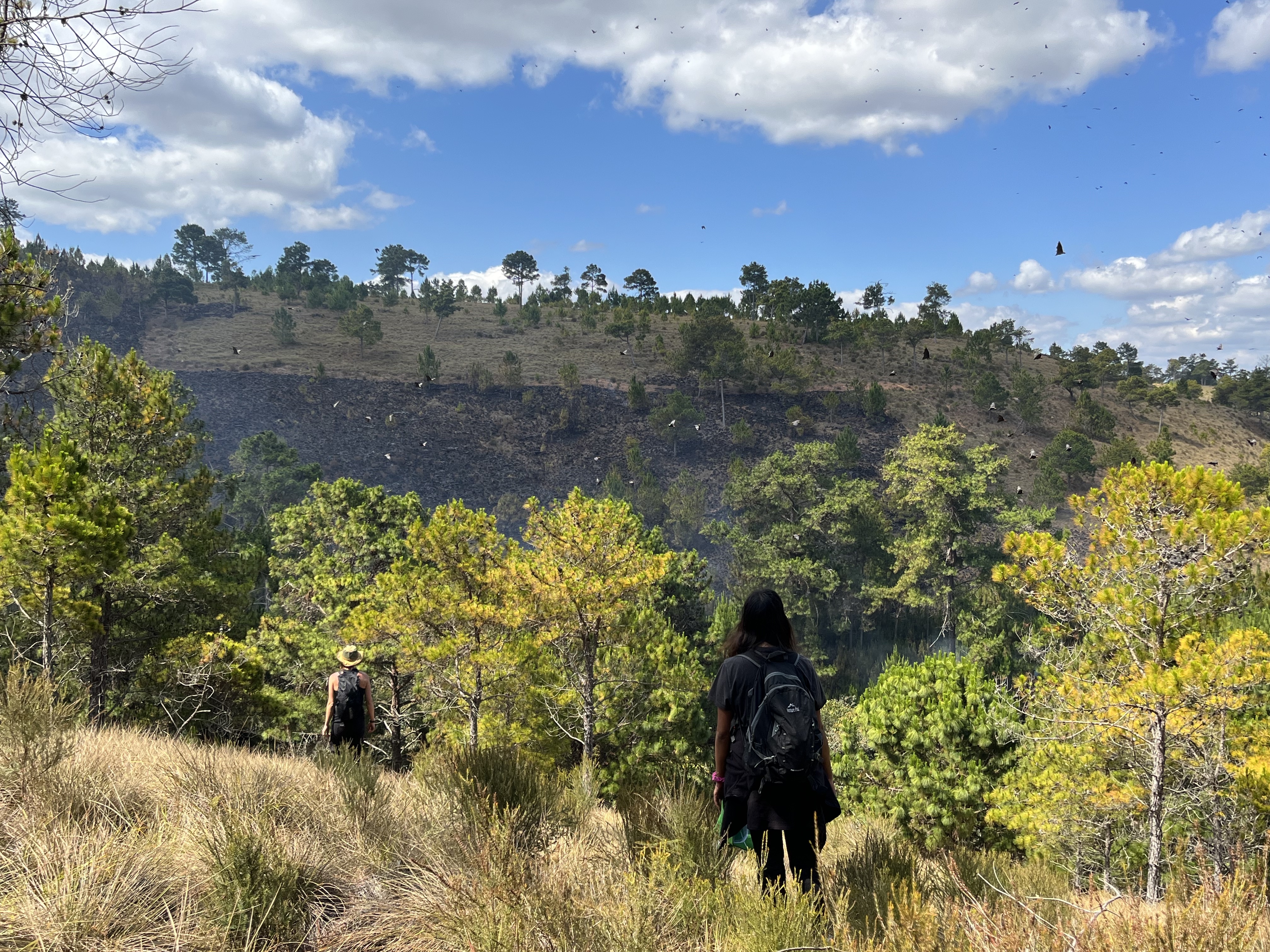Our Work
Research

The research of Association Ekipa Fanihy focuses on the disease ecology and population dynamics of three endemic species of threatened fruit bats in Madagascar: Pteropus rufus, Eidolon dupreanum, and Rousettus madagascariensis. Bats (order Chiroptera) are divided into two major suborders, Yangochiroptera and Yinpterochiroptera, the latter of which contains the Old World Fruit Bat family, Pteropodidae, and includes our three Malagasy species. Bats are known reservoirs for several highly virulent emerging human viruses but, themselves, experience limited clinical pathology from infection. Our research, in collaboration with the Brook lab at the University of Chicago, aims to uncover how viruses circulate in wild bat populations in Madagascar and attempts to demonstrate how bat conservation can be leveraged to promote human public health. Based on work carried out in other bat-virus systems globally (e.g. Australia), we hypothesize that healthy bats in intact ecosystems shed less virus into their surrounding ecosystems, posing a reduced public health threat.
Day-to-day, Association Ekipa Fanihy conducts field studies, molecular analysis of biological samples in the lab, quantitative data analysis on our computers, and strives to publish our findings in scientific research journals.
Outreach and Teaching
In collaboration with the Brook lab at the University of Chicago, we host one data analysis course and one one-on-one scientific mentoring program each year for Malagasy biology students at the graduate level.
E2M2
An introduction to R and workshop introducing the use of dynamical models in understanding ecological and epidemiological data.
Will be accepting applications for the upcoming March workshop in January 2024!
Learn moreCoding 4 Conservation
A year-long mentorship program in R-based data analysis and communication for Malagasy students with ongoing research projects in ecology, conservation, biodiversity science, and related fields which runs from May 2022 to April 2023.
Currently in progress!
Learn moreApplied Conservation

In addition to scientific research and education, Association Ekipa Fanihy also aspires to carry out applied, real-world conservation. We are currently working in collaboration with Madigasikara Voakajy, a Malagasy conservation NGO, to document population declines and quantify valuable ecosystem service contributions for threatened fruit bats across Madagascar. Fruit bats play a critical role in the regeneration of native forests in Madagascar through their roles as seed dispersers and pollinators. As one example, Eidolon dupreanum is the only known extant pollinator of the endemic, endangered Malagasy baobab, Adansonia suarezensis. Our prior conservation research suggests that the Madagascar Flying Fox, Pteropus rufus, is particularly threatened by habitat destruction and human hunting for food consumption in Madagascar. As a result, one of Association Ekipa Fanihy’s specific goals is habitat protection for P. rufus. Currently, we are working to protect the forest in Analambotaka, one of our field sites, which is home to a large (>1000) P. rufus roost. This area and much of the surrounding forest are cut and burned each year for cattle grazing, as is commonly practiced in Madagascar. Association Ekipa Fanihy is currently working with the local fokontany and commune to create a VOI-protected area. We also plan to improve bridges and roads leading to and from the Analambotaka area to give thanks to the local community for their conservation contributions.